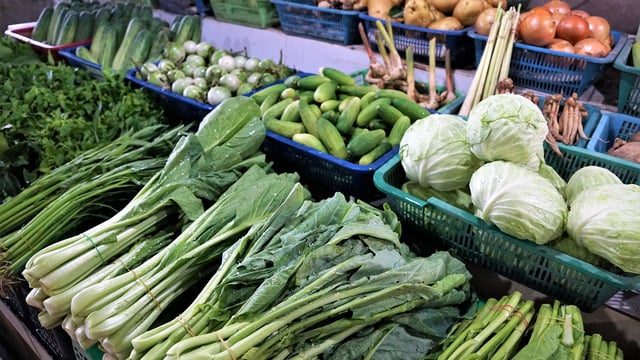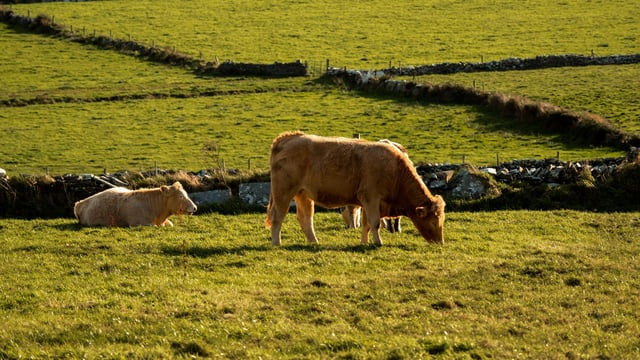Report urges including eco and agro-environment schemes in CAP strategic plans
A new report by IFOAM Organics Europe has recommended member states to "fully use eco-schemes and agro-environmental measures in their CAP strategic plans" to maximise the contribution of organic farmers to the objectives of the European Union (EU) Biodiversity Strategy and the new Common Agricultural Policy (CAP).
Under the EU Green Deal, an ambitious target has been set for the expansion of organic farming to 25% of agricultural land area by 2030, as part of the EU's Farm to Fork and Biodiversity strategies.
Commenting on the report, lead author Nic Lampkin, from Organic Policy, Business and Research Consultancy, said: “Member states should explicitly recognise the opportunities for biodiversity conservation and enhancement underpinned by organic farming in their CAP strategic plans, rural development programmes, and national organic action plans.
Eric Gall, IFOAM Organics Europe’s policy manager said: “By supporting organic farming in their strategic plans, member states have a powerful tool to ensure that their national agriculture policy will start to address the collapse of our biodiversity, which has been a reality in the European countryside for decades.
"Increased support to organic farming is a smart public policy tool to ensure that the next CAP will contribute to the EU Green Deal and to the Farm to Fork and Biodiversity strategies' targets on biodiversity and nature protection, but also pesticide, fertiliser and antibiotic reduction."





